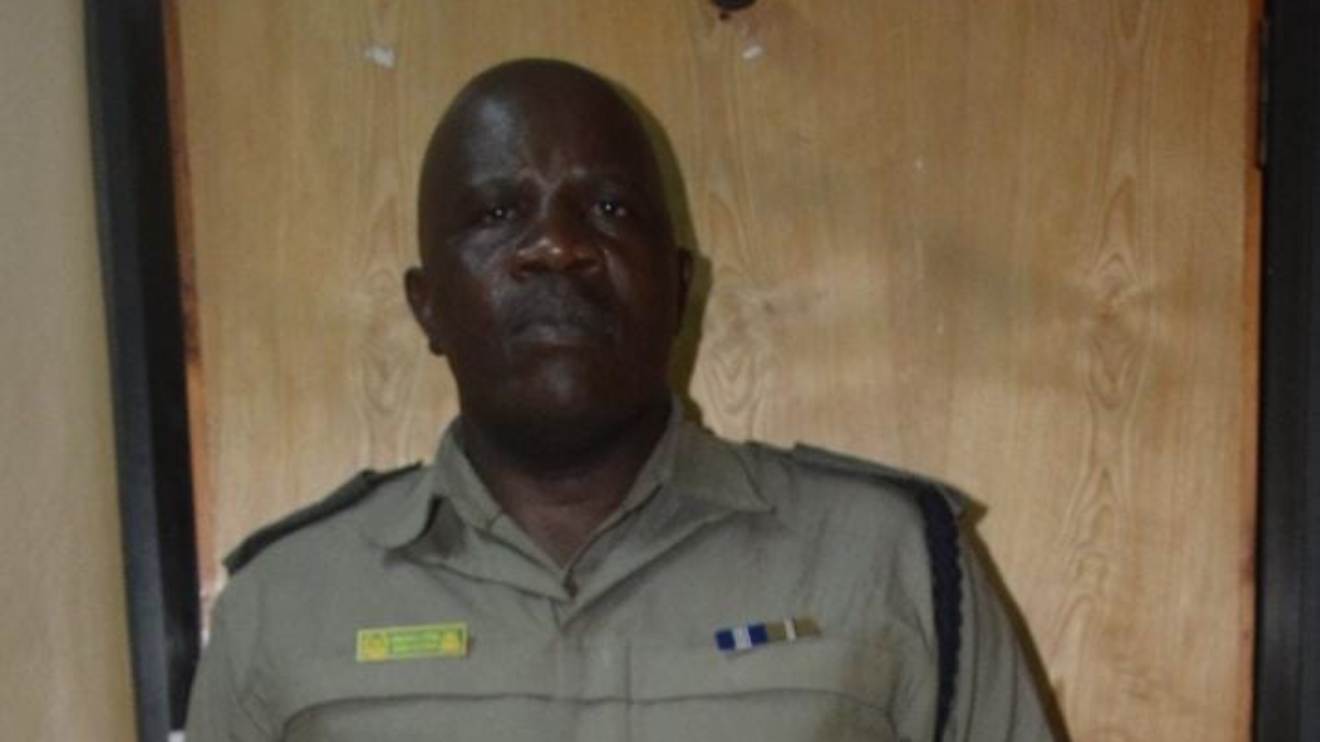The OCS for Ruai Police Station, Chief Inspector Duncan Otieng, found himself in the crosshairs of the Ethics and Anti-Corruption Commission (EACC) on Saturday evening.
According to a statement released by the EACC, Otieng was apprehended for allegedly demanding bribes from individuals detained in police cells following arbitrary arrests.
The incident transpired on a Friday night when a contingent of police officers from Ruai Police Station descended upon the premises of Fun City in Utawala, where they detained several revellers on charges of being drunk and disorderly.
These individuals, now apprehended by the authorities, awaited their fate in police custody.
Last Saturday brought an alarming turn of events as Otieng reportedly ordered each detainee to pay him a sum of Sh5,000 as a bribe in exchange for their unconditional release from custody.
Read More
Refusal to comply with this demand would result in a prolonged stay in detention, with the threat of facing charges related to their alleged drunken and disorderly behaviour on the upcoming Monday.
This egregious conduct by the OCS did not escape the vigilant eye of the EACC.
Following the verification of the allegations, EACC swiftly launched an operation, culminating in the arrest of Otieng while he was in the process of receiving a portion of the demanded bribes.
He was subsequently taken into custody at Integrity Centre Police Station and later transferred to Kilimani Police Station, where he awaits further legal action.
The incident prompted a response from the Chief Executive Officer (CEO) of EACC, Twalib Mbarak, who expressed deep concern regarding the mounting reports of extortion perpetrated by some Officers Commanding Police Stations (OCSs).
Their alleged practice of detaining citizens arbitrarily and then demanding bribes as a condition for their release casts a shadow over the reputation of the National Police Service and the nation.
In light of these disconcerting developments, Mbarak issued a resolute plea to police officers to refrain from such reprehensible behaviour.
He urged citizens to remain vigilant and committed to reporting individual officers who tarnish the image of the National Police Service and the nation through corrupt practices.
The arrest of Otieng underscores the distaste a section of Kenyans has for graft.
It remains to be seen how the National Police Service will respond and if they will affirm their commitment to root out the vice within law enforcement agencies and uphold the principles of integrity and accountability.
As the case unfolds, it serves as a stark reminder that the rule of law and transparency remain paramount in upholding the trust and confidence of the public in the institutions tasked with safeguarding their security and well-being.












